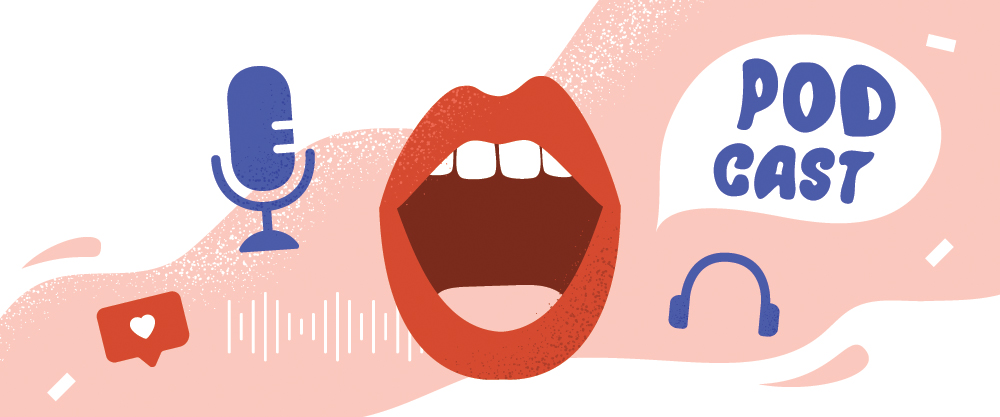Podcasting continues to skyrocket – with over 2 million active podcasts and 71,548,284 episodes (as of September 2022) to choose from, 140 million US podcast listeners can’t be wrong!
Creating audio narratives in the form of storytelling, interviewing, and podcasting also continues to be popular assignments for W&L students. Why? Students have to contend with a new medium and the challenge of sharing information in their own voice. It brings together familiar patterns of research with a less familiar medium.
If you’re interested in encouraging creativity, fostering collaboration, and providing a sense of community in your course while giving students opportunities to practice both writing and presentation skills and expressing themselves through multimedia, consider adding podcasting to your classroom! ITS Academic Technologies can support your class by offering in-class training about interviewing techniques, workflows for recording and editing, as well as assistance/troubleshooting outside of class.
As you hopefully already know, The Harte Center is home to three state-of-the-art video/audio editing suites — Leyburn 123, 124, and 125, reservable by students, faculty, and staff in 25Live — that are ideal spaces to record and/or edit video or audio projects. Towards the end of the term, it can be difficult to reserve these very in-demand rooms. That’s why, we are especially excited about a newly configured space for podcasting located within W&L’s student-run radio station, WLUR 91.5 FM, in Elrod Commons.
This morning, ITS Academic Technologies met with WLUR General Manager and Program Director, Steve Cross, to get a quick tour. The podcast “studio” features professional, high-end audio and video equipment with the ability to record — up to six different microphones! — and edit prerecorded audio content. The studio is available for use by W&L students, faculty, staff, and alumni.
Contact Steve directly at scross [at] wlu [dot] com to ask about availability. You can also reach out to Steve to explore the world of broadcast, too.
Interested in podcasting but not sure how to get started? Contact ITS Academic Technologies. We’re here to help.


